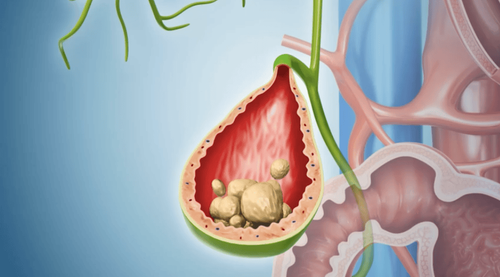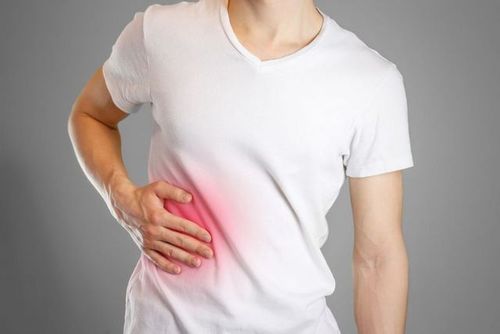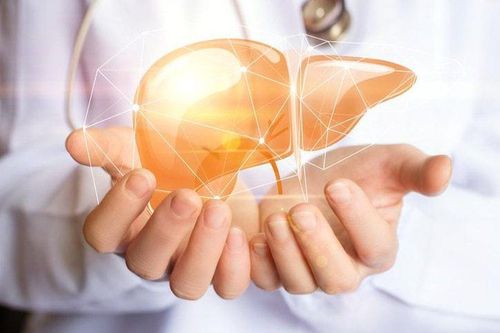This article is reviewed by Dr. Dong Xuan Ha, a specialist in Internal Medicine at Vinmec Ha Long International Hospital.
Improving liver function and reducing ALT levels does not require drastic changes to your diet. Start with simple adjustments, such as eating more fresh vegetables and fruits, consuming fish, drinking low-fat milk, eating whole grains, and avoiding fried foods.
1. What Is ALT?
ALT (alanine aminotransferase) is an enzyme found in liver cells that helps break down proteins, making them easier for the body to absorb. When the liver becomes inflamed or damaged, ALT levels in the blood increase. This test is commonly used by doctors to diagnose liver-related conditions.
2. Common Causes of Liver Issues
Liver diseases can be caused by several factors, including:
- Non-alcoholic fatty liver disease (NAFLD)
- Over-the-counter pain relievers such as acetaminophen
- Cholesterol-lowering medications
- Alcohol consumption
- Obesity
- Hepatitis A, B, and C
- Heart failure
If ALT levels are elevated, consult a doctor to identify the cause and receive timely treatment. If ALT levels are normal, consider these strategies to maintain or reduce ALT levels:
Drink Coffee
A 2013 study found that individuals who drink coffee daily have lower ALT levels than those who do not. Consuming 1 to 4 cups of coffee per day has been shown to reduce the risk of liver disease and cancer.

Incorporate Folate or Folic Acid into your diet
Consuming foods high in folate or taking folic acid supplements has been linked to lower ALT levels. So what is the difference between folate and folic acid? Folate is the natural form of vitamin B9 found in foods like asparagus, leafy greens, beans, citrus fruits, and bananas, while folic acid is the synthetic form found in supplements. Taking 0.8 mg of folic acid daily can help lower ALT levels.
Adjust Your Diet
To prevent non-alcoholic fatty liver disease (a common cause of elevated ALT), adopt a low-fat and low-carbohydrate diet. A 2013 study revealed that eating a single low-fat, vegetable-rich meal per day can help reduce ALT levels.
Treating non-alcoholic fatty liver disease involves lifestyle changes and managing underlying health conditions. Vinmec International Hospital employs advanced diagnostic methods, such as liver elastography, to assess liver damage caused by conditions like alcoholic fatty liver, non-alcoholic fatty liver, hepatitis C, and chronic cholestatic liver disease.
With 14 years of experience in Gastrointestinal Endoscopy and Internal Medicine, Dr. Hà is proficient in performing diagnostic, emergency, and interventional endoscopic procedures. Currently, Dr. Hà serves as a Gastrointestinal Endoscopy Specialist in the Internal Medicine Department at Vinmec Hạ Long International Hospital.
To arrange an appointment, please call HOTLINE or make your reservation directly HERE. You may also download the MyVinmec app to schedule appointments faster and manage your reservations more conveniently.
Article referenced source: healthline.com














